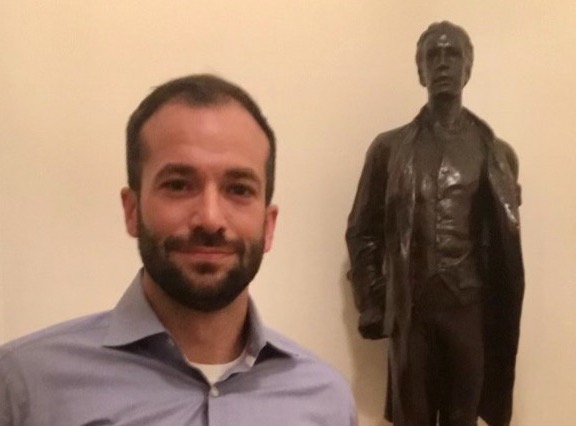Spying on Americans: Domestic Intelligence in the Revolutionary War
- Jeff Rogg

- Dec 14, 2020
- 2 min read
Americans of the Revolutionary generation distrusted spies and thought espionage was dishonorable. The treachery of Benjamin Church and Benedict Arnold certainly contributed to the public's strong feelings against intelligence. Americans didn't realize that their own leaders like Washington and Franklin were also involved with spying and intelligence. But intelligence was all around them, and quite often, literally in their own homes.
The American Revolution was not just a war for independence from Britain. It was also a civil war of sorts. After all, a large percentage of American colonists at the time still supported Britain and wanted to stay part of the British Empire. The revolutionaries were outnumbered by loyalists in some parts of the country, and loyalist spies constantly threatened Washington and the Continental Army.
The situation in North America made spying easier in many ways for both sides: they spoke the same language, shared the same culture, and had the same history. Catching spies became as important a mission as recruiting them for the Americans. The effort to find and capture enemy spies in your ranks is called "counterintelligence." Counterintelligence also involves efforts to stop the enemy from getting access to your own secret information.
The counterintelligence effort during the American Revolution involved domestic intelligence, or intelligence conducted at home. For example, John Jay, who was on the Committee of Secret Correspondence and became the President of the Continental Congress, also was on New York's "Committee and First Commission for Detecting and Defeating Conspiracies." This counterintelligence committee had broad powers to arrest and question people accused of being loyalists or spies. The danger was that American domestic and counterintelligence during the Revolutionary War turned Americans against each other in the search for enemy spies and loyalists.
The problem with domestic and counterintelligence operations is that they can quickly become political witch hunts because anyone accused of disloyalty is a target. Also, people who are jealous or angry at their neighbors can accuse them of being spies or traitors. The result is to create mistrust between the public, intelligence organizations, and the government--a problem the United States would face throughout its history. So, while Americans will still often talk about the Red Scare and McCarthyism, the actual origins of these and other episodes of spy fever are in the American Revolution. The next post will summarize intelligence in the American Revolution and look ahead to how the Founders brought their experience with intelligence into the creation of the United States.

John Jay
Source: https://npg.si.edu/object/npg_NPG.74.46




Comments